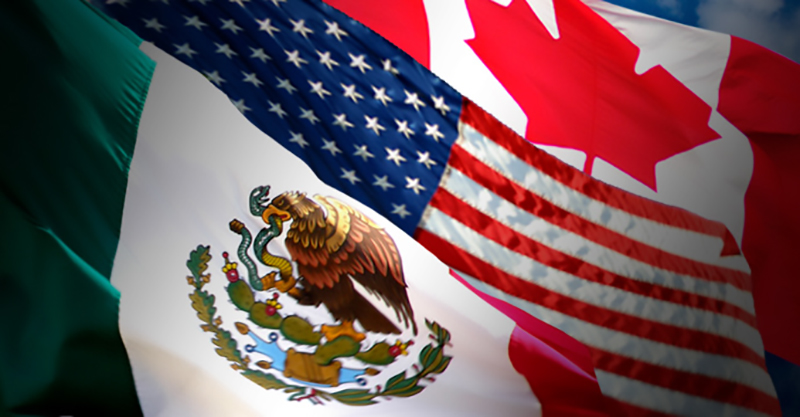The United States Trade Representative (USTR) has initiated consultations on USMCA review.
The USMCA includes an unprecedented clause. It establishes a joint review process in which the three countries must confirm the continuity of the agreement.
This is the first time that a U.S. trade agreement has included such a provision. The first review is scheduled for July 1, 2026.
If there is no consensus to extend it on that date, the treaty will expire in 2036. If any of the parties objects, annual reviews will be conducted.
The cycle will continue until all three members agree to a 16-year extension. Once approved, the process will return to the joint review schedule every six years.
Consultations on USMCA review
Public Law 116-113 requires the USTR to report to Congress before each joint review. It must detail its assessment of the USMCA’s performance, the U.S. position, and the recommendations for action it will bring to the table.
In addition, the law requires consultations with interested parties. To this end, public comments are solicited and an open hearing is organized. This process seeks to give legitimacy and transparency to the review.
According to a congressional analysis, this mechanism seeks to ensure the relevance and functionality of the agreement. It could even open the door to revising the text. For example, possible areas for adjustment include rules of origin and emerging issues such as artificial intelligence.
Objectives
Article 34.7 of the USMCA requires the Free Trade Commission to meet on July 1, 2026. The date coincides with the sixth anniversary of the agreement. Its objective is to review the functioning of the treaty, analyze proposals for action, and define measures.
At that meeting, each country must confirm whether it wishes to extend the validity of the USMCA. In addition, any recommendations for measures must be submitted one month in advance, i.e., no later than June 1, 2026.
According to Section 611 of the USMCA Implementation Act, the process also requires transparency. Prior to the review, the USTR must open a space to receive public comments on the treaty, including an open hearing.

